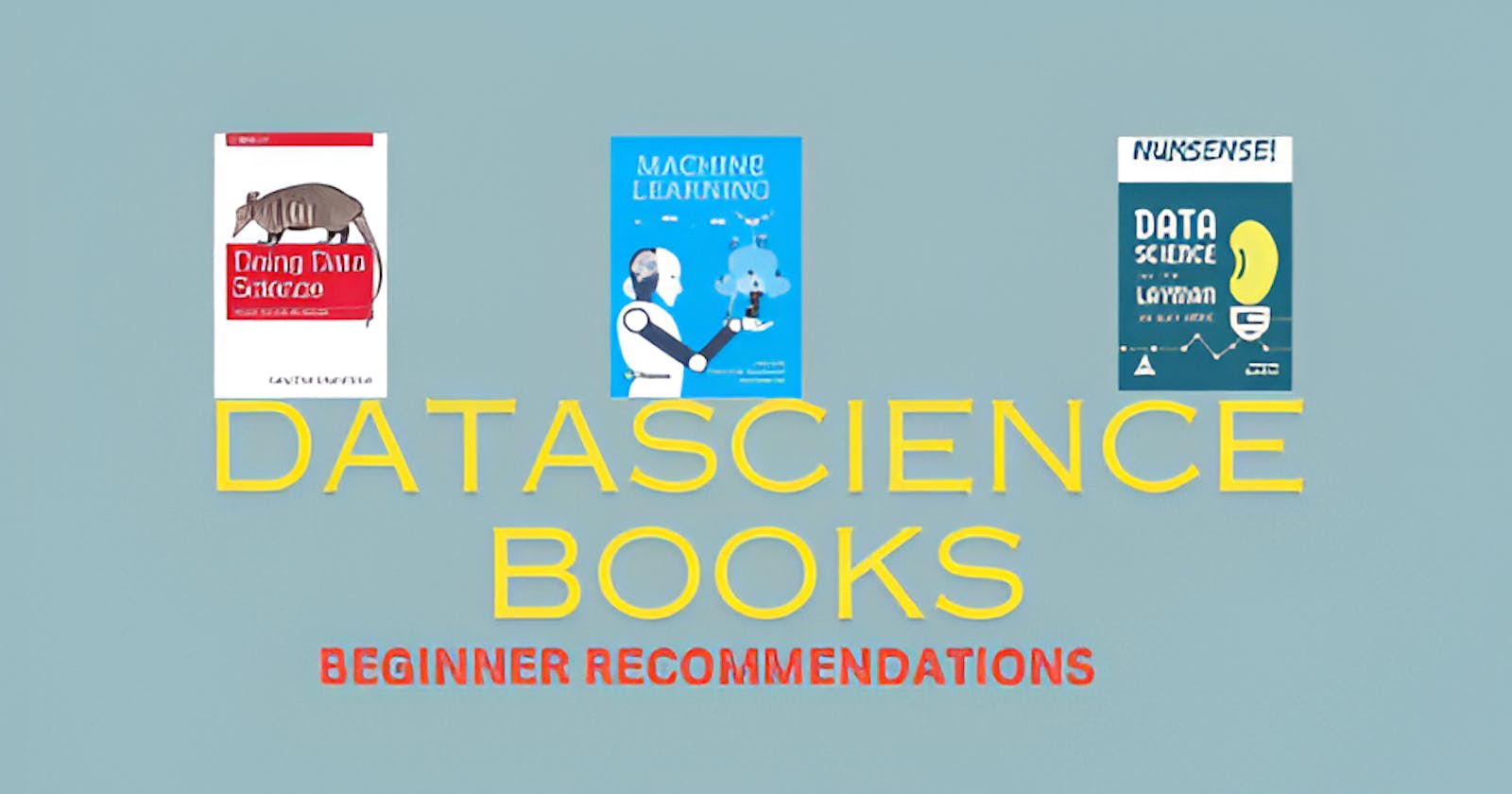On my journey into the world of data science has been both exhilarating and daunting. With so much information out there, finding the right starting point has been crucial for me. In this blog post, I'll share with you some essential books that have served as my guiding lights in navigating the vast route of data science. From practical guides to insightful narratives, these books offer a solid foundation for anyone beginning their adventure in data science. So, let's goo!
"Doing Data Science" by Rachel Schutt and Cathy O'Neil: This book has been my go-to resource for understanding the fundamental tools and techniques of data science. Schutt and O'Neil provide clear explanations and real-world examples, making it accessible even for someone like me, who is just starting out. Whether it's data visualization or machine learning algorithms, this book has been instrumental in helping me grasp key concepts and gain confidence. This books covers fundamental tools and techniques of data science with a focus on practical applications, including data visualization, statistical analysis, and machine learning algorithms
"Machine Learning" by Saikat Dutt: As I delved deeper into the world of machine learning, what sets this book apart is its emphasis on a probabilistic approach, which has been invaluable in understanding the underlying principles of various algorithms. Despite its depth, Dutt's explanations are clear and insightful, making complex topics more digestible for beginners like me. This book focuses specifically on machine learning, covering topics such as supervised and unsupervised learning, deep learning, and reinforcement learning, with detailed explanations and practical examples.
"Numsense! Data Science for the Layman: No Math Added" by Annalyn Ng and Kenneth Soo: One of the challenges I faced early on was grappling with the mathematical aspects of data science. That's where Ng and Soo's book came to my rescue. Their approachable writing style and intuitive examples helped me to easily understand the fundamental concepts, from basic statistics to machine learning algorithms. Thanks to this book, I was able to gain a solid understanding of key principles without getting overwhelmed by complex equations, although learning with the math would let you have a border view in all aspects of data science. This book covers fundamental concepts such as statistics, probability, and machine learning algorithms in an approachable manner.
These books have not only equipped me with essential knowledge and skills but have also inspired me to dive deeper into the fascinating world of data science. So, if you're just starting out like me, I highly recommend giving these books a read.
So keep learning, keep striving, and dive deeper.
